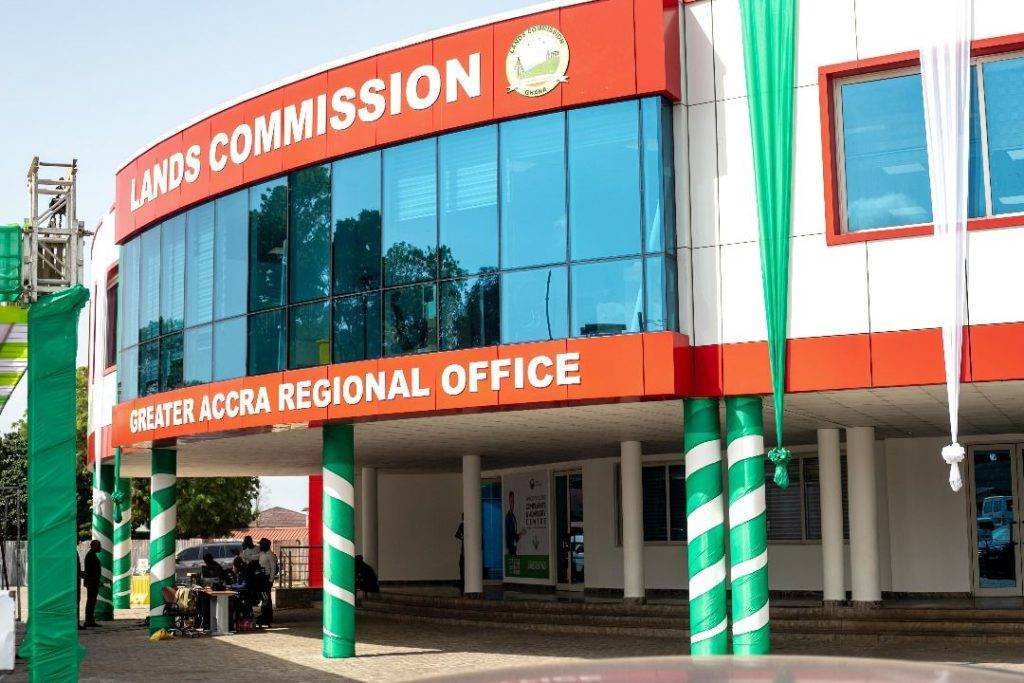
The crisis situation facing the Accra Psychiatric Hospital (APH) is far from over as the facility meant to originally treat mentally ill patients and reintegrate them into society has virtually been turned into a home of vagrants.
With high societal stigmatisation against mentally ill patients coupled with minimal information to trace their roots, most patients treated at the facility have either been abandoned by relatives or refused to go home thereby putting pressure on the resources of the hospital.
According to authorities, out of 370 patients currently on admission, 250 though fully recovered have remained at the hospital.
Dr Pinaman Apau, the Medical Director of APH made the disclosure in Accra yesterday at the launch of this year's World Mental Health Day celebrations.
This year's event would focus on issues affecting the youth in order to ensure they grow up responsibly.
It would have the theme, "Young people and mental health in a changing world," and would be marked with series of activities including symposia, health walks and screenings, an open day at mental health facilities across the country.
Dr Apau who was reacting to the present status of a reintegration programme embarked upon by the hospital two years ago said the project has had to be halted as accurate information on the backgrounds of patients was unavailable.
"About 250 of our patients were stuck at the hospital. They cannot go home because we cannot get information on them to send them home and their relatives have abandoned them and that is putting intense pressure on us."
Some are very old and cannot point out or recall where they come from and others just do not want to go so are not forthcoming with information on their background but we are still working on it," she stated.
Turning attention to the Mental Health Act, Dr Appau expressed doubts about achieving its goals to build a vibrant mental healthcare system to commensurate with Ghana's status as a middle income country.
"In 2012, we estimated mental healthcare in the country to measure up to the best in the world within the next 10 to 15 years but looking at the pace we are travelling six years into the implementation of the MH Act, I am beginning to have my doubts to see this dream become a reality," she lamented.
The medical director believed the theme for this year's celebration was apt to protect young people, who were often exposed to depressions and violations from societal influences, to live to become the "true doyens of continuity and national sustainability."
"We have always come to the conclusion that Ghanaians have over the years failed to prioritise mental health but I believe what we have really failed as a nation in investing in the mental wellbeing of our young people.
"The increasing use of Tramadol among our youth today is as a result of our non-prioritising of mental health services and the lack of effort to educate the youth on the effects of these drugs."
"If we want to present ourselves as a responsible people to the world, deal with our economic challenges and prosper as a nation, then we need to break the silence on mental health, confront it head-on and think of investing heavily in the area that holds the key to success in national prosperity," she urged.
Dr Owen Kaluwa, the Country Director of the World Health Organisation in a remark called on governments to develop and strengthen evidence-based programmes for young people while improving collaborations with the WHO to improve responses to adolescent health needs.
Read Full Story

























Facebook
Twitter
Pinterest
Instagram
Google+
YouTube
LinkedIn
RSS